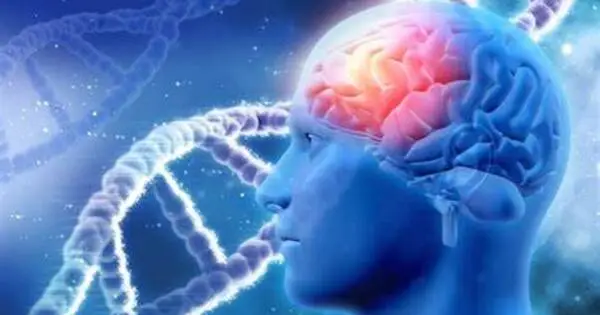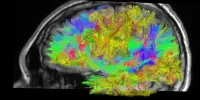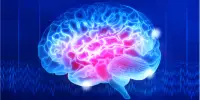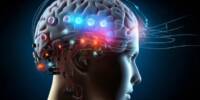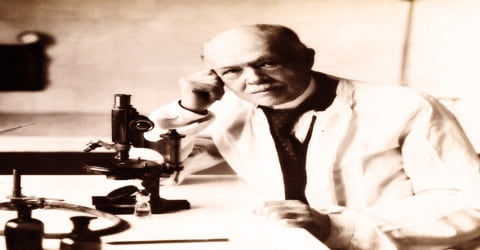Platelets are not directly responsible for reproducing the advantages of exercise in the brain. Platelets are blood cell fragments that play an important role in blood clotting and wound healing. They are not involved in the intricate processes that occur in the brain in response to exercise.
Researchers discovered that an injection of a certain blood component can mimic the effects of exercise in the brain. Platelets secrete a protein known as exerkine CXCL4/Platelet factor 4 or PF4, which rejuvenates neurons in old mice in a manner comparable to physical activity. When this protein, which is generated from platelets after exercise, is given to old animals, it results in regenerative and cognitive gains.
Pre-clinical trials by University of Queensland researchers have found an injection of a specific blood factor can replicate the benefits of exercise in the brain.
We know exercise increases the production of new neurons in the hippocampus, the part of the brain important for learning and memory, but the mechanism hasn’t been clear. Our previous research has shown platelets are involved, but this study shows platelets are actually required for this effect in the aged mice.
Dr. Odette Leiter
Dr. Odette Leiter and Dr. Tara Walker from UQ’s Queensland Brain Institute led a team that discovered platelets, the tiny blood cells critical for blood clotting, secrete a protein that rejuvenates neurons in aged mice in a similar way to physical exercise.
“We know exercise increases production of new neurons in the hippocampus, the part of the brain important for learning and memory, but the mechanism hasn’t been clear,” Leiter said. “Our previous research has shown platelets are involved, but this study shows platelets are actually required for this effect in the aged mice.”
The researchers concentrated on exerkines, which are biological molecules released into the bloodstream during exercise and are thought to enhance the exercise-induced reaction in the brain.
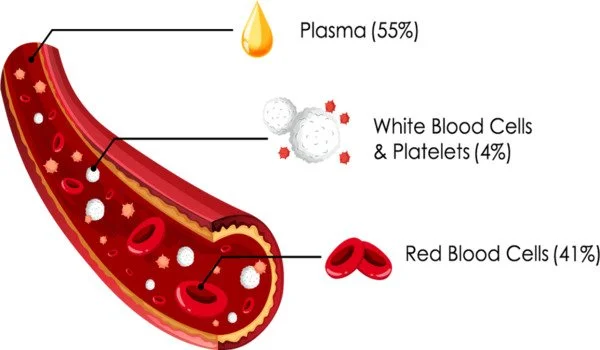
“We discovered that the exerkine CXCL4/Platelet factor 4 or PF4, which is released from platelets after exercise, results in regenerative and cognitive improvements when injected into aged mice,” stated Leiter.
According to Dr. Walker, the findings have important implications for the development of medication therapies.
“For a lot of people with health conditions, mobility issues, or of advanced age, exercise isn’t possible, so pharmacological intervention is an important area of research,” she stated. “We can now target platelets to promote neurogenesis, enhance cognition, and counteract age-related cognitive decline.”
The researchers said the next step is to test the response in Alzheimer diseased mice, before moving towards human trials.
“It’s important to note this is not a replacement for exercise,” Dr Walker said. “But it could help the very elderly or someone who has had a brain injury or stroke to improve cognition.”
